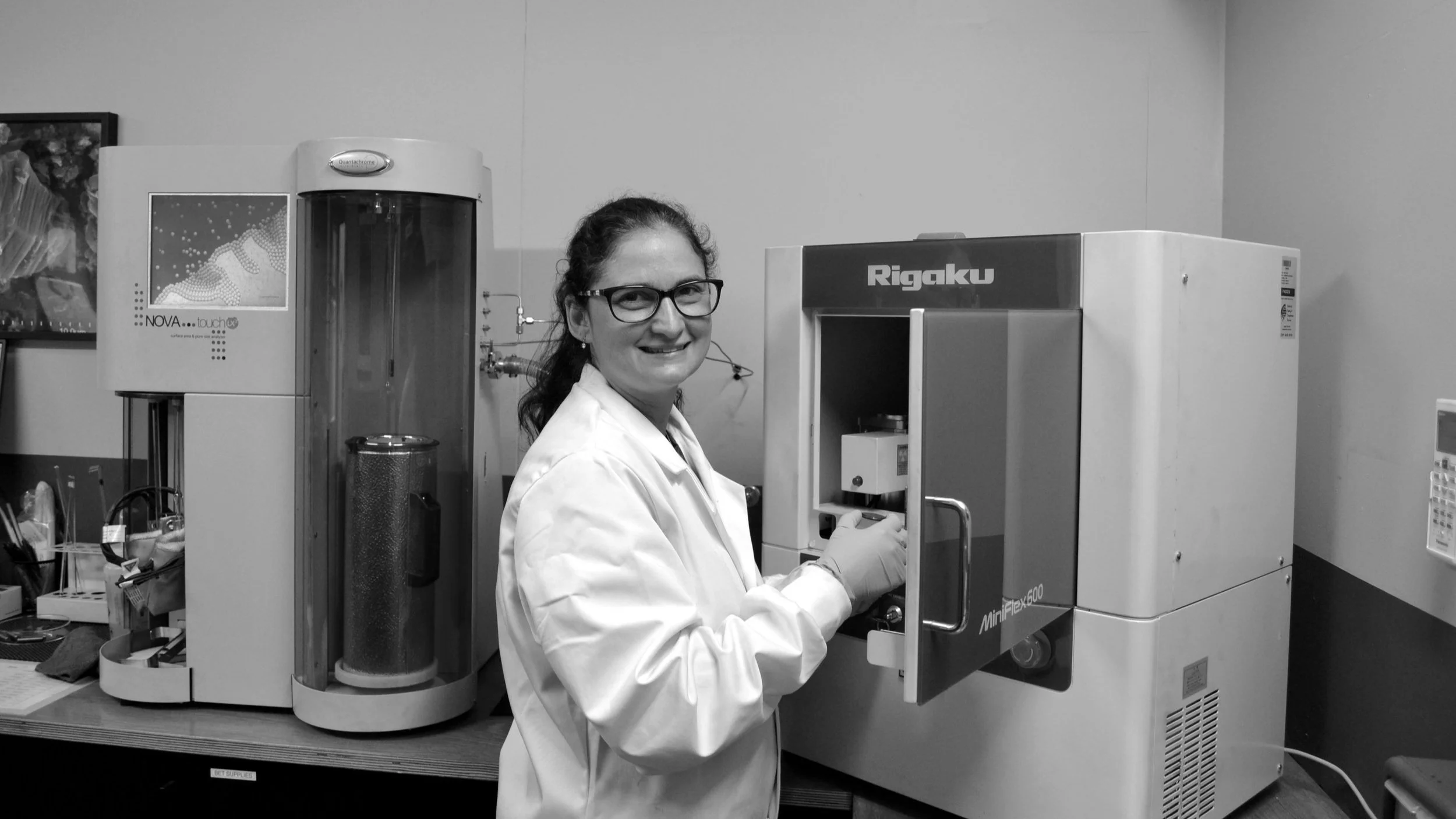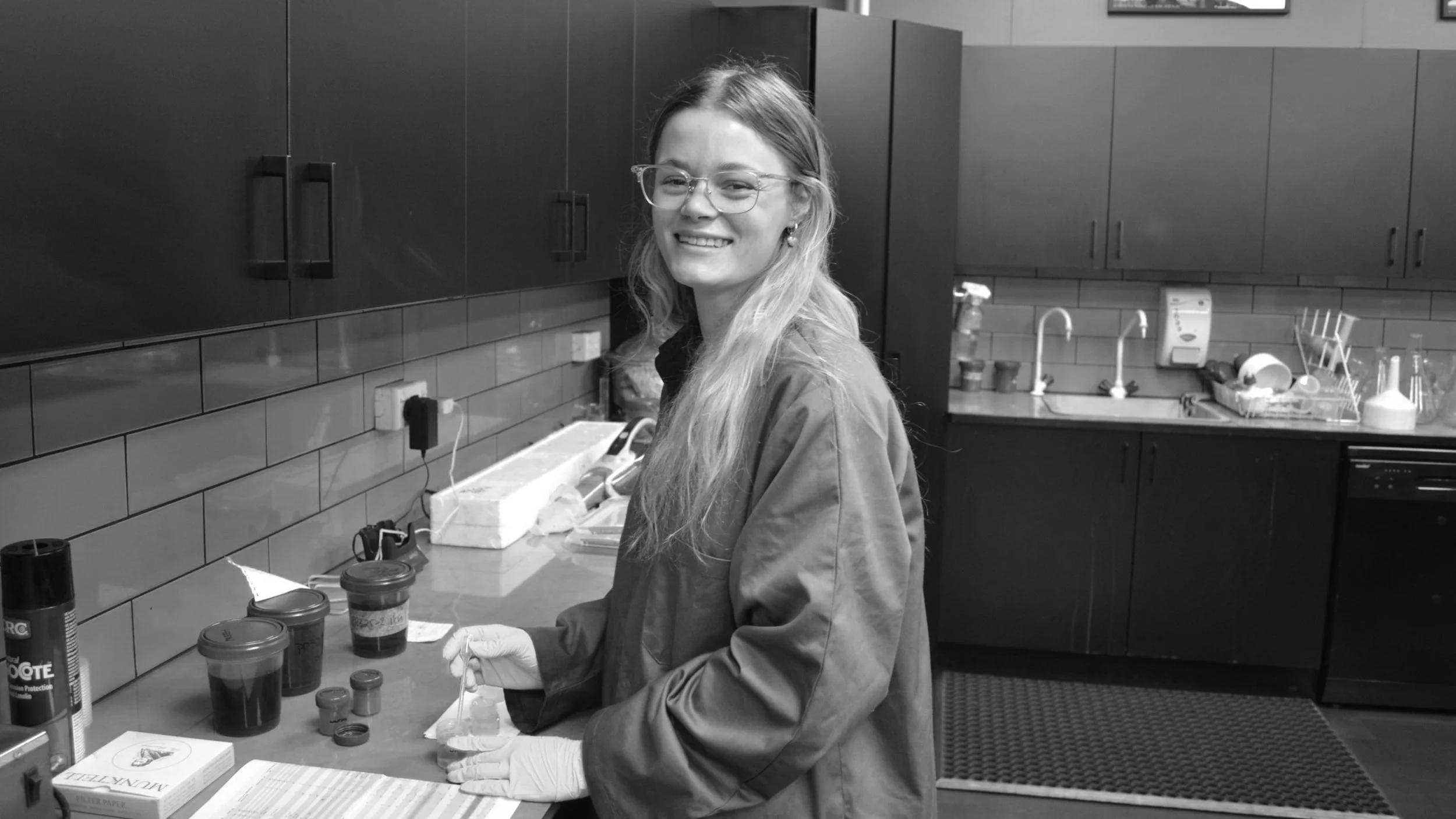Meet the women of CarbonScape
To celebrate International Women’s Day 2023, we are introducing you to some of the talented women working at the forefront of revolutionary clean tech here at CarbonScape.
Specialising in areas ranging from engineering to science and product development, all share the common mission to bring CarbonScape sustainable biographite for lithium-ion batteries to the world.
Dr. Daria Surovtseva | Senior Process Engineer | Sustainability
On weekdays, Senior Process Engineer Dr. Daria Surovtseva refines CarbonScape’s environmental processes. When work is done, she puts on her hiking boots and immerses herself in the New Zealand wilderness.
This environmental focus, whether for work or leisure, fires a motivation to bring CarbonScape’s revolutionary sustainable biographite technology for cleaner electric vehicle (EV) batteries to the world.
For more than three years, Daria has been an integral part of CarbonScape biographite’s journey from beakers and benchtop ovens to today's pilot-scale mixing tanks and reactors, mills, and furnaces.
“We have an alternative way of sourcing one of the critical minerals required for worldwide electrification. It is everyone’s ambition at CarbonScape to see our biographite penetrate the market and replace fossil carbons.”
Daria – who has specialised in treatment of wastewater and gas emissions during a career spanning Russia and Australia – looks after the environmental aspects of all CarbonScape’s processes, from waste management to overall lifecycle performance. She also manages health and safety at the Riverlands pilot facility.
On the engineering front, Daria’s job includes developing process drawings and functional descriptions, working with vendors to select the best processes and equipment “and, the most exciting part, when we commission new equipment”.
“I get to learn a variety of new things every day.”
Two years ago, Daria discovered the magic of New Zealand’s outdoors. After joining the local hiking club, she completed her first solo multi-day off-trail hike in the Southern Alps this year.
Spending time in nature, she can’t help but notice weather events becoming more violent and frequent worldwide, “and it is scary”.
“I hope we – humanity – will manage to do enough and in time before we reach the point of no return. It is a beautiful and unique planet and I wish everyone to contribute towards preserving it.”
And to any woman thinking about a career in clean tech, Daria’s message is simple: “Get in there, the men need our help!”
“I think it is everyone’s ambition at CarbonScape to see our biographite penetrate the market and replace fossil carbons.”
Dr. Fernanda Colabuono | Quality Control & Laboratory Manager
Overseeing CarbonScape’s three laboratories, Quality Control and Laboratory Manager Dr. Fernanda Colabuono often ponders the big environmental issues.
“We have to understand that we are just a small part of the environment, yet unfortunately capable of doing big damage”, says Fernanda, who spent years working across scientific projects about the impacts of pollution on marine environments.
Given that, she feels good to be working towards a major environmental solution: sustainable biographite for electric vehicle (EV) batteries to replace highly polluting graphite anode.
“Our biographite can make EV production more efficient, more accessible and cleaner, which is important to decrease the impact of fossil fuels to the environment.”
Fernanda has supported CarbonScape’s scientific and production teams for more than three years. She conducts full analytics on CarbonScape’s biographite material to make sure it meets customer specifications and manages the commissioning, maintenance, and quality control of all analytical equipment.
“I really enjoy having the opportunity to work with diverse analytical technologies and being able to see first-hand the result of our hard work,” says Fernanda. She describes her job as “dynamic with constant new challenges”, particularly during the recent scale-up of CarbonScape’s Riverlands pilot facility.
“I like the opportunity to work closely with the different teams and learn a lot from the talented people we have at CarbonScape.”
Fernanda, raising a young son with her husband at home on Marlborough’s rugged Pacific coast, says it is “empowering to work with something that can change our interaction with the environment in a positive way…to have something in your hands that can help minimise the damage we humans are doing to the place we live”.
“It’s empowering…to have something in your hands that can help minimise the damage we humans are doing to the place we live.”
Meg Sandalo | Pilot Plant Technician
In just seven months, Meg Sandalo has learned every step, process and detail of CarbonScape’s newly upscaled pilot facility.
The Pilot Plant Technician works predominantly in the purification process of CarbonScape’s sustainable biographite. But, like all CarbonScape’s tight-knit production team members, she is fully trained to jump into any part of the process when needed.
That, along with data collection and the physical demands of handling large volumes of hazardous material safely and competently, make each day at work interesting and challenging – exactly how Meg likes it.
“This isn’t a ‘push a button and turn your brain off’ style of operator job,” she says. “Working in a pilot facility like CarbonScape’s means proactively engaging in real-time feedback, improvement and innovation.”
CarbonScape is constantly looking for ways to improve the product and prove the scalability of the process, so a big part of Meg’s role is data collection.
“It is critical that I can give accurate feedback and educated suggestions to the engineers about any changes or improvements to the current process. Plus, I get to work with a small team of innovators, on an inherently very interesting product in a fabulous part of New Zealand.”
Ultimately Meg, who worries about the world’s unequal distribution of resources, hopes CarbonScape biographite technology will make sustainable forms of energy accessible to more people.
“I would like to think that sooner rather than later reliable sustainable energy is ubiquitous enough to drive massive cultural changes in how we live and work and, importantly, with how we connect to and understand the environments that sustain us.”
Given that, Meg is always keen to see more women join the clean tech industry. “It’s a dynamic area to work in, you’ll be at the forefront of technological and cultural change, and I would encourage you to get involved.”
“Sooner rather than later reliable sustainable energy will be ubiquitous enough to drive massive cultural changes in how we live and work.”
Libby Donovan-Syme | Product Developer
CarbonScape Product Developer Libby Donovan-Syme may be the youngest team member, but she is also one of the most experienced.
More than five years ago, she joined a small, close-knit team for a hands-on role as CarbonScape biographite production began its growth from grams to tonnes.
Now, aged 29, she’s immersed in CarbonScape’s journey to international commercialisation, supported by a scaled up pilot facility and increasingly large team of experts.
For Libby, it means each day is different. A trained industrial designer, she may be in the pilot facility’s production area optimising a process or fixing a piece of equipment one day, while the next she’s at her desk creating a graph for marketing material.
“I do a range of things from CAD (computer-aided design) modelling and drawings, to graphics and rendering for presentations.”
That variety and creativity is Libby’s favourite part of her job.
“Things are always changing. Some things work, some things don’t. How we come together to solve problems as a team is one of the best things about working here.”
Being at CarbonScape, which has a dedicated focus on sustainability of all its operations, also allows her to look at finding solutions for one of her biggest environmental worries: the lack of industrial and other recycling.
“I feel there are a lot of wasted resources and materials which are harming the environment, which we could instead be recovering and using to reduce that harm.”
She thinks the future of CarbonScape biographite technology, which is made from renewable feedstocks like timber industry waste, “is going to be absolutely massive”.
“To have up to 30% of a lithium-ion battery’s weight be an anode material that is made in a carbon negative process almost anywhere in the world, and is lower cost, is a game changer in my opinion.”
In an industry traditionally dominated by men, Libby urges more women to come on board.
“If you’re interested, I’d say give it a go. YOLO! It can be challenging but also rewarding. The diverse range of people that you get to work with is also a bonus.”
“I think the future of CarbonScape biographite is going to be absolutely massive. It is a game changer.”
Cleo Wearne | Chemical Process Engineering Intern
Preparing to make a real difference in the world through engineering, university student Cleo Wearne spent summer assessing the beneficiation of wastewater in to marketeable products.
The Chemical Process Engineering intern’s project, based at CarbonScape’s Marlborough pilot facility, included process modelling, financial modelling, lab work and market research.
“I enjoyed learning new things every day.”
Cleo, 22, is particularly concerned with the overuse of resources within industrial processes and the long-term environmental effects emissions and disposal may cause.
“Through my role at CarbonScape I developed an interest in circularity within the industrial space and how a circular economy can make existing processes more sustainable,” she says.
Cleo also gained knowledge about CarbonScape’s sustainable biographite for electric vehicle (EV) batteries, which will localise and decarbonise the world’s stretched graphite anode supply chains.
“I think CarbonScape biographite is an important development in the graphite market because it provides a sustainable alternative to traditional sources. As the demand for lithium-ion batteries rises so will the pressure to source a clean, reliable supply of graphite.”
Cleo is now back at the University of Canterbury completing her Bachelor of Engineering with Honours in Chemical and Process Engineering, and a minor in Bioprocess Engineering.
“As the demand for lithium-ion batteries rises so will the pressure to source a clean, reliable supply of graphite.”







